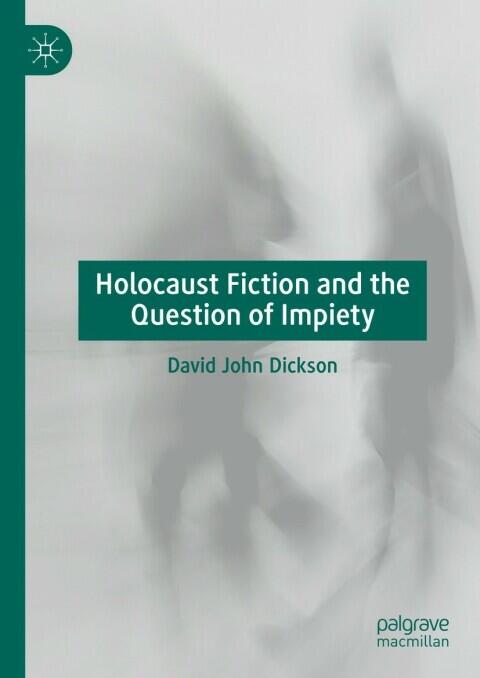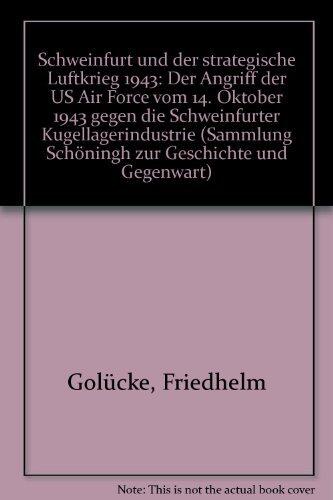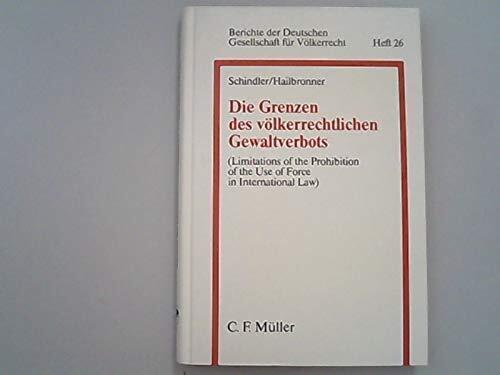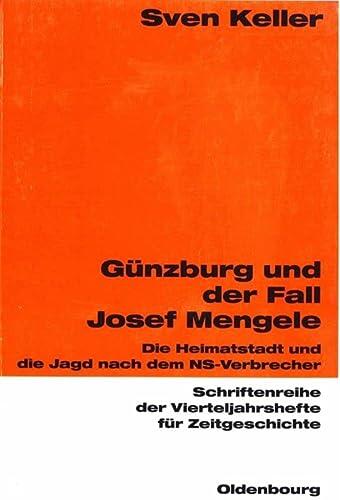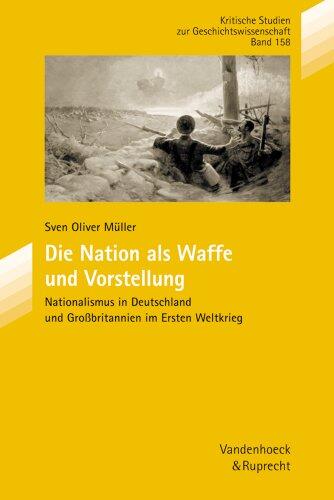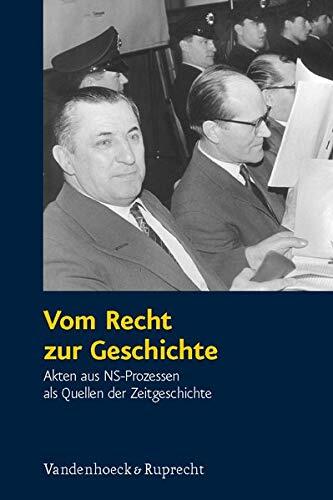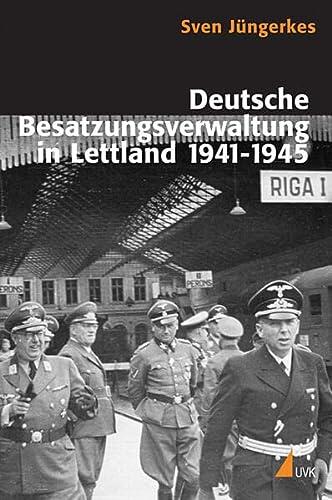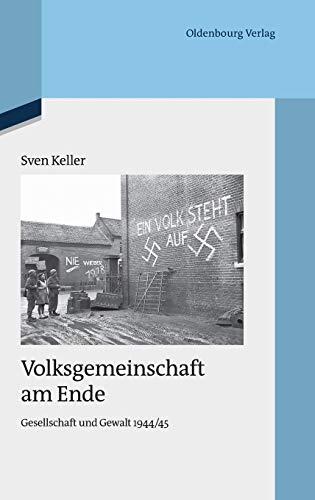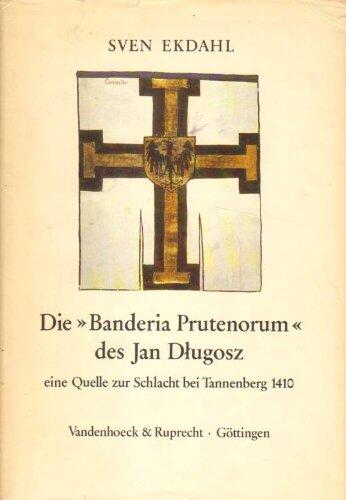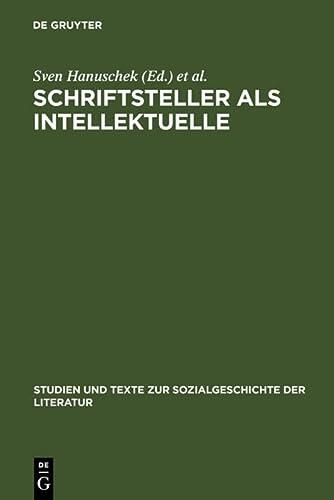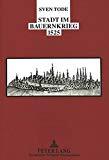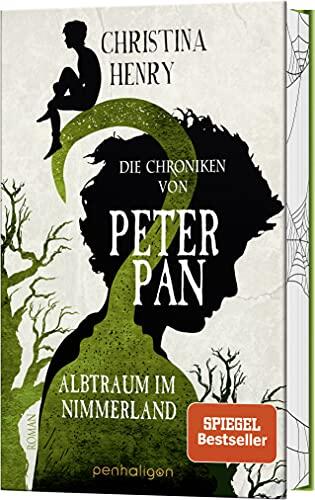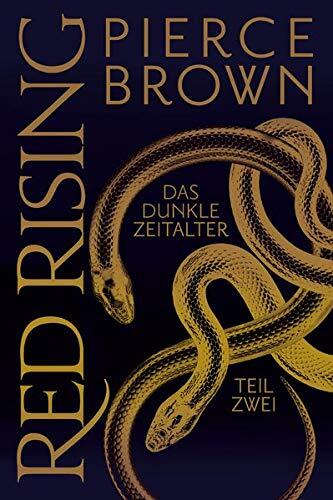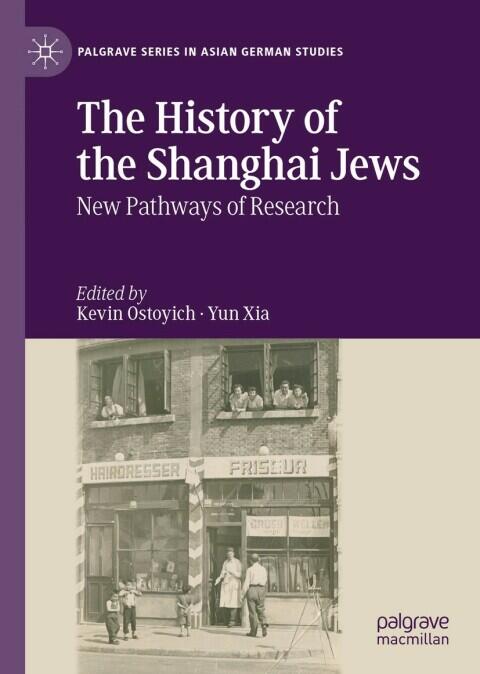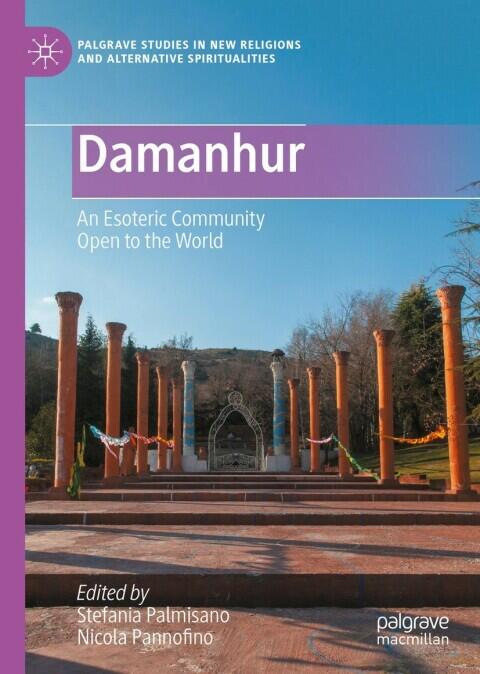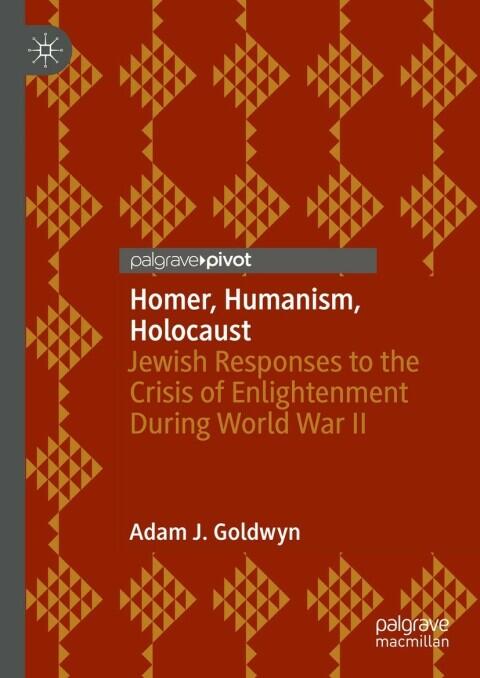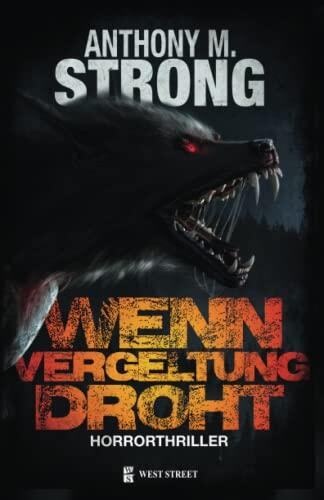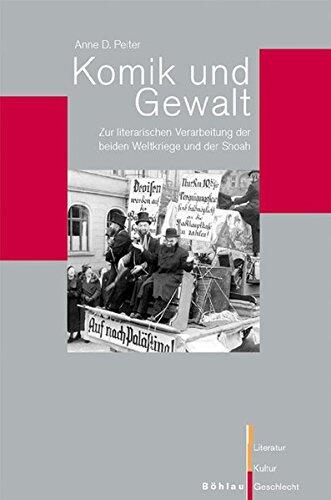
Komik Und Gewalt: Zur Literarischen Verarbeitung Der Beiden Weltkriege Und Der Shoah
par
Anne D. Peiter
Pas encore d'évaluations
Action & Adventure
History
Humor
Format
Broché
Pages
454
Langue
Allemand
Publié
Nov 3, 2007
Éditeur
Vandenhoeck & Ruprecht Gmbh & Co
Édition
Aufl. ed.
ISBN-10
3412242063
ISBN-13
9783412242060
Description
Anne D. Peiter explores the intricate relationship between literature and the historical trauma of the two World Wars and the Holocaust in this profound work. Through a meticulous examination of key literary texts, Peiter illuminates how authors have grappled with themes of violence and suffering, reflecting the chaotic realities of their times.
One compelling focus is on Karl Kraus's "Die letzten Tage der Menschheit," where Peiter delves into the theatricality of war and the absurdity of human actions during such catastrophic events. Kraus's depiction of the First World War is likened to a tragic carnival, showcasing the bizarre interplay of comedy and horror that defines the human experience amidst conflict.
Peiter also investigates the narratives surrounding the Holocaust, highlighting how literature serves as both a witness and a means of processing immense grief and loss. By analyzing various texts, she unveils the complexities of memory, trauma, and the struggle for meaning in the aftermath of devastation.
Ultimately, Peiter offers readers a thought-provoking reflection on the power of storytelling as a means to confront historical violence, urging a reevaluation of how literature shapes collective memory and identity. Through this, she emphasizes the enduring impact of these narratives on contemporary discussions surrounding violence and humanity.
One compelling focus is on Karl Kraus's "Die letzten Tage der Menschheit," where Peiter delves into the theatricality of war and the absurdity of human actions during such catastrophic events. Kraus's depiction of the First World War is likened to a tragic carnival, showcasing the bizarre interplay of comedy and horror that defines the human experience amidst conflict.
Peiter also investigates the narratives surrounding the Holocaust, highlighting how literature serves as both a witness and a means of processing immense grief and loss. By analyzing various texts, she unveils the complexities of memory, trauma, and the struggle for meaning in the aftermath of devastation.
Ultimately, Peiter offers readers a thought-provoking reflection on the power of storytelling as a means to confront historical violence, urging a reevaluation of how literature shapes collective memory and identity. Through this, she emphasizes the enduring impact of these narratives on contemporary discussions surrounding violence and humanity.
Avis
Aucun avis pour le moment
Soyez le premier à donner votre avis sur ce livre et partagez vos pensées
Ajouter le premier avisJournal de lecture
Aucun journal de lecture trouvé
Commencez à suivre vos progrès de lecture pour voir les journaux ici
Ajoutez votre premier journal de lectureNotes
Journal des transactions
Aucun journal de transactions trouvé
Commencez à suivre vos transactions de livres pour voir les journaux ici
Ajoutez votre premier journal de transactions
